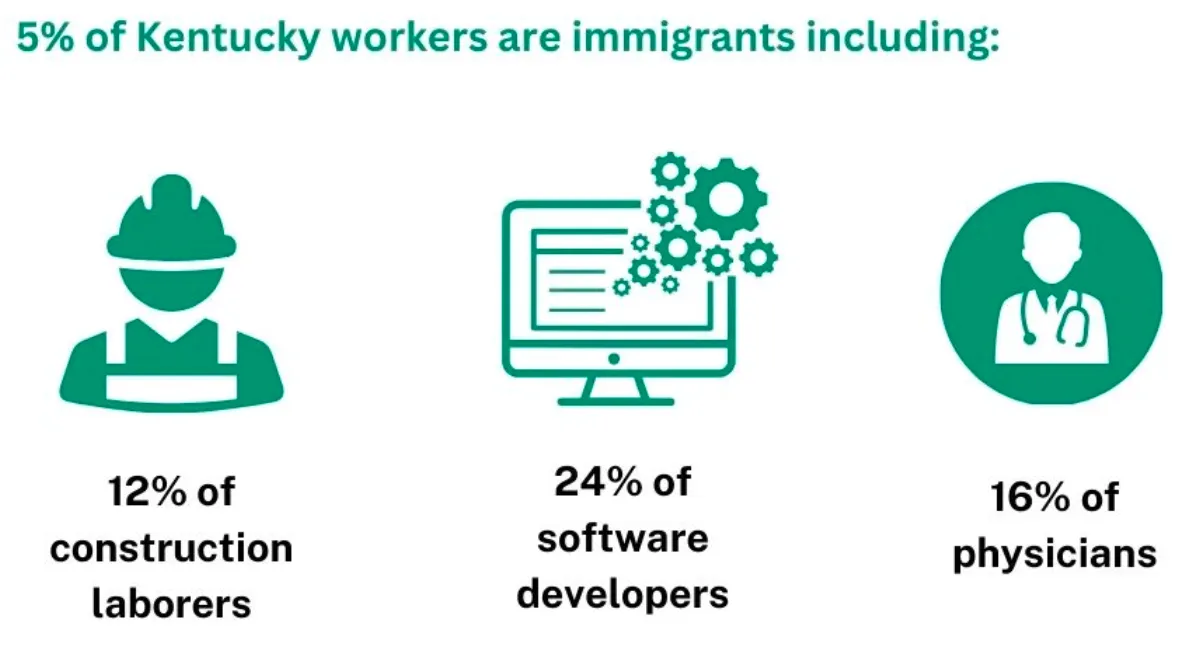Table of Contents
In the wake of the presidential election and as the scope of Republicans’ success at the ballot box comes to the fore, some political observers are drawing a predictable conclusion: A rightward shift among the electorate must mean that voters agree with the GOP on the major issues of the day.
But according to a new study from Navigator Research, a majority of 2024 voters said they agreed with more progressive positions on the economy and health care, not conservative ones.
At a superficial level, it’s easy to see why some pundits are touting an imaginary shift to the right. Take Mark Penn, a former adviser to Bill and Hillary Clinton, who made the bold claim that the results of the election meant that “America is a center right country at heart.” Take a closer look at Navigator’s polling (conducted after the election) though, and you’ll see the ideological divides aren’t that neat.
Let’s start with health care.
More than seven in 10 voters said that they agree more with the phrase, “to lower health care costs, the government should do more to lower drug costs for Americans and hold big drug and insurance companies accountable for price gouging consumers” than they do a conservative statement on the matter, such as “the government should be less involved, giving Americans more choices in the coverage they get and cutting regulations that slow innovation in creating new medicines and cures.” (The latter take got 29% support compared with the former statement’s 71% support.)
The study found narrower majorities for other policies championed by progressives, like investing in cleaner energy production; cutting taxes for the middle class; and cracking down on corporate investors who are buying up land and making housing less affordable.
So how did Donald Trump and other Republicans prevail nationwide if Democrats have relatively likeable candidates and the party’s policies are more popular? It’s possible, of course, that while Democratic policies are well-received, the party’s messaging just didn’t connect.
FiveThirtyEight wrote about this phenomenon and detailed how, for years now, Democrats haven’t quite figured out a way to convince voters that Republicans are flat-out lying when they frame messages around culture-war issues and the economy.
One infuriating example: The economy under President Joe Biden was remarkably strong. But voters, burdened by the high cost of groceries, found an enemy in the sitting president after Trump blamed Biden and exaggerated that food costs “40%, 50%, 60% more than it did just a few years ago.”
Indeed, when it comes to the issues most important to voters going into Election Day (inflation and the cost of living, immigration and the border, and jobs and the economy), voters said that they trusted Trump over Democratic nominee Kamala Harris. But if messaging is partly to blame for Democrats’ losses in 2024, that leaves an opening for the party in 2026, when it could take back the Senate—especially if there’s a backlash to Trump’s first two years in office.
The X factor, of course, is whether Democrats will take heed of these results. Moving forward, the party might have to fight fire with fire and devote significant resources to pushing out the facts about their policies and their views on issues that voters care about. That includes some of the more progressive ideas that have long been taboo for some members of the party’s establishment, like cracking down on corporations that are price gouging (while running for president, Harris adopted a Wall Street-friendly tone).
One data point that could assuage any Democratic Party skeptics’ concerns: Even red state voters showed in November that they support progressive ideas over conservative ones.
Kentucky and Nebraska voters favored Trump – but they also defeated ballot measures that aimed to expand school voucher programs in both states. And among the 10 states where voters decided on abortion-related measures — either to expand protections or lift existing bans on the procedure — the abortion-rights initiatives passed in seven. Meanwhile, in ruby-red Missouri, voters also approved a measure to raise the minimum wage and require employers to provide paid sick leave.
The upshot: Data and polling suggest that most voters back a progressive vision for how the nation should be governed, despite backing a candidate who offered something completely different.
That means there’s room for Democrats to have a larger conservation about why that happened and how they can more loudly champion the progressive policies voters say they want in place. The good news for progressives, at least, is that studies like the one conducted by Navigator show there is still a desire for their ideas to take hold.
It also means that Penn was probably wrong. A truly center-right nation wouldn’t have backed so many progressive ballot measures—and it wouldn’t have majorities of voters who want to end tax breaks for billionaires and reduce the nation’s reliance on Big Oil companies.
--30--
Written by Alex Samuels, a member of Daily Kos staff. Cross-posted from Daily Kos.







